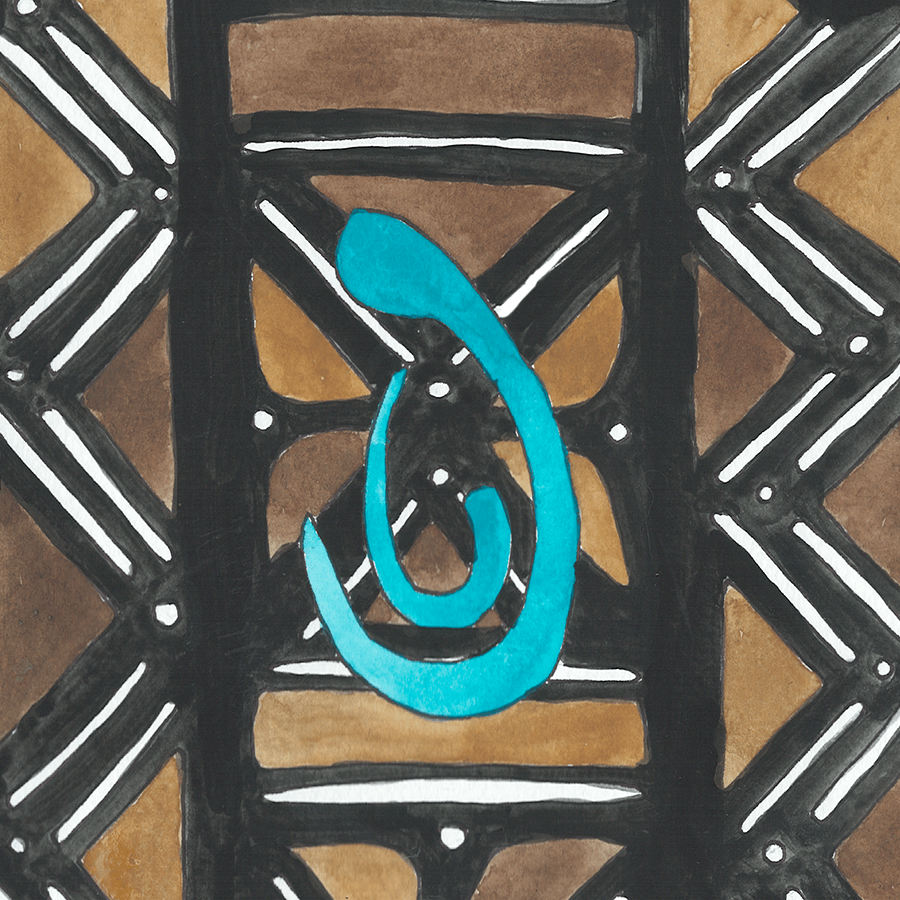Discussion Questions for Ari Johnson: More Than Enough

Listen to the conversation between Kate and Ari, here.
1. Ari Johnson could have just been a fancy doctor. Instead, he co-founded Muso with a group of young Malian and American professionals who were “concerned together” about the injustice of health inequity in Mali. What’s one thing you’re currently “concerned together” about with your friends?
2. Ari and his friends decided to move into the community they sought to serve. Soon, their neighbors began calling on them at all hours of the day to help them access healthcare. Their expectation was simple, Ari says: “They were struggling and they asked, Will you struggle with us?” Why is proximity to—and shared struggle with—the people we serve so important?
3. Muso was born after witnessing a number of patients die after finding healthcare too late. Their conviction was “healthcare delayed is justice denied.” When have you witnessed the injustice of delayed care? Alternatively, when have you witnessed a big difference with early interventions? Have you ever thought of timely care as a human right?
4. The first thing Muso did was redefine the responsibility of the healthcare system from passive responders (i.e. doctors treating patients when they walk through the door) to active participants (i.e. community healthcare workers who search for patients who need care.) Think about the system in which you do your best work—whether that’s a family system, a congregational system, an academic system, or something else. What would it look like in that system if you redefined your responsibility from responding to needs to searching out needs?
5. Ari considers it an immense privilege to live part of his year in Mali where whether Muslim, Christian, or Jewish, “we all bless each other in the same language.” It’s not uncommon he says to give and receive more than a hundred blessings in a day. What arose within you when you heard this? Do you want to speak more blessings in your everyday life? If so, how could you start?
6. The goal of Muso is not just to decrease the rate of child deaths in Mali but make the death of a child rare everywhere. We have the tools. And we’re all out of excuses—even ones as a worthy as a coup d’etat, an Al Qaeda occupation, a refugee crisis, and an Ebola outbreak like Mali experienced. What stops you from believing change is possible with the concern you hold? What excuses do you need to release? What tools do you need to pick up?
7. Kate thinks she and Ari share a common frustration with people who are lucky but don’t know they’re lucky. What do you think she means by this? Do you consider yourself lucky? Explain.
8. Ari says we vastly underestimate our power to heal and to harm others. It takes great courage to consider our power because, once we do, it means we have a responsibility to act on it. What do you know about your own power? How do you fear it? How do you own it? Where does your power live?
9. “Love is not a finite resource,” Ari believes. “It is something we grow and cultivate.” That means loving ourselves, those close to us, even people we have never met. How is love—and the ability to suffer with those you love—at the root of your faith, your concern, and/or your work for justice?
10. Ari got insanely good at loving people, Kate says, when he told himself he had to start today. “Because if you’ve ever been in love, you know it just can’t wait.” What does love say you must start today?
Bonus: After listening to this week’s podcast, what part of Kate and Ari’s conversation resonated with you most? What insight will you carry with you?
Discussion Questions written by author, editor, and facilitator Erin S. Lane.
Subscribe to Everything Happens wherever you listen to podcasts.


